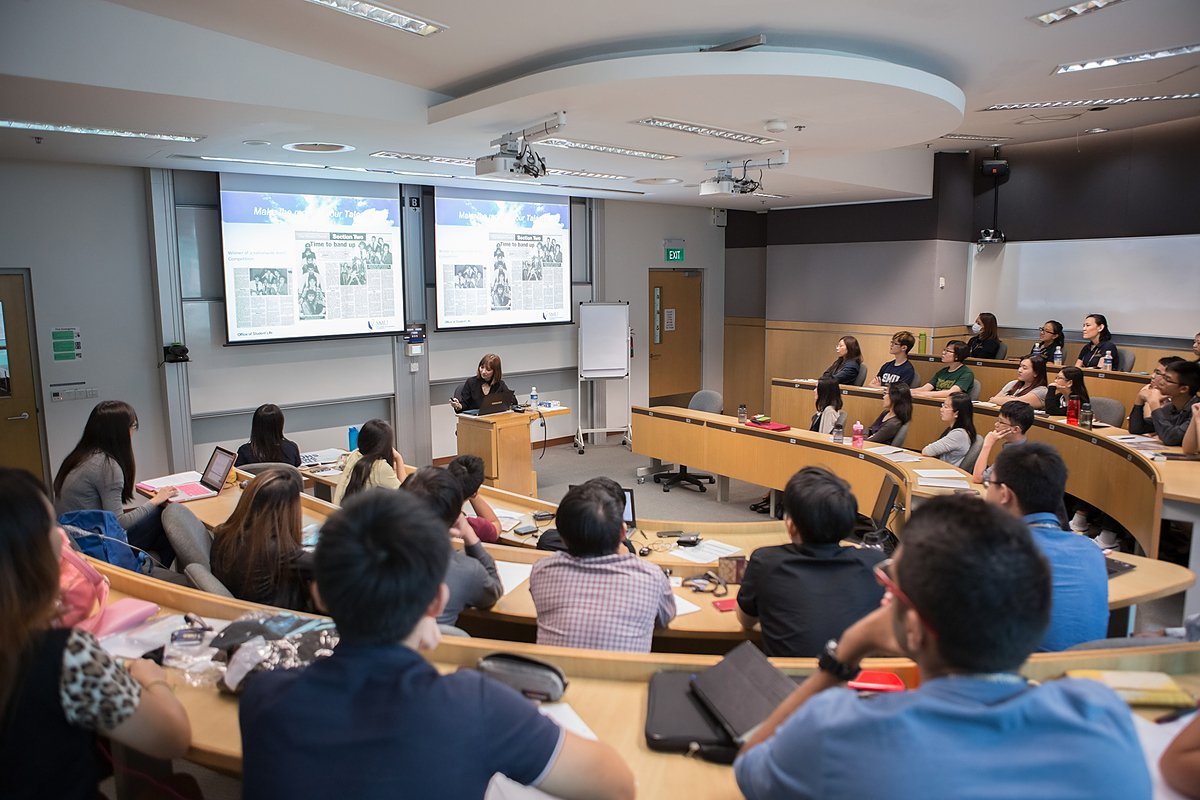
The world has advanced at an astounding rate, and with the growing technological advancements, the required skills in the workforce have shifted along with it.
An article in The Straits Times on the need to evolve the Singapore education system referenced a report by the World Economic Forum titled New Vision of Education, stating that the skills required to succeed in today’s innovation-driven economy are different from that of the past, and that “in countries around the world, economies run on creativity, innovation and collaboration.”
To meet the changing demands of the economy and various industries, the increased emphasis and support for multidisciplinary programmes creates various opportunities for those interested to explore these less traditional fields of study that can fulfil the needs of today’s economy. This encouragement and shift in perspective is taking place at all educational levels, from the primary level up to the tertiary level.
A Demand for Specialists with Diversified Skills
Multidisciplinary programmes offer not only additional knowledge in one’s area of interest, but also open doors to many more opportunities once one goes out into the workforce. While specialists are valued for their expertise, more and more employers are looking for highly adaptable individuals who are open to learning new things outside their core expertise areas that are relevant to the organisation and the industry. Diverse skillsets and knowledge are best acquired through the course of education before setting foot into the workforce, offering graduates a competitive edge and wider opportunities over their peers.
In a speech he gave earlier this year, Acting Minister for Education (Higher Education and Skills) Ong Ye Kung explained that one part to ensuring a good job is to understand the environment: “We must know how economic winds are blowing domestically, in the region, and in the world, and what skills and knowledge are in demand.”
Majors and Modules Available
As an internationally recognised university that aspires to produce graduates capable of tackling the world’s complexities and impacting humanity positively, SMU is committed to offering a holistic curriculum that offers more than the fundamental business and management acumen. A flexible curriculum allows students to pursue their interests and passion across different fields, offering more than 300 combinations of 43 majors and tracks in a single degree programme, and 15 double degree combinations.
Some examples of these multidisciplinary programmes include a Bachelor of Accountancy with a second major in Accounting Data and Analytics [newly launched in Dec 2017], Bachelor of Business Management with a second major in Entrepreneurship, Bachelor of Science (Economics) with track in Maritime Economics, and Bachelor of Science (Information Systems) with a major in Smart City Management & Technology, Bachelor of Laws with second major in Finance, Bachelor of Social Science with a major in Politics, Law and Economics, and even the specially curated SMU-X curriculum that is is built on four principles: project-based experiential learning, interdisciplinary approach, active mentoring, and a tripartite learning loop.
The flexibility of these programmes offer not only the opportunity for students to glean niche skills even before entering the workforce, but also provides a platform for these students to experience first-hand the roles and responsibilities their prospective jobs might entail, through a compulsory industry internship with the option to complete multiple internships, be it locally or overseas.


